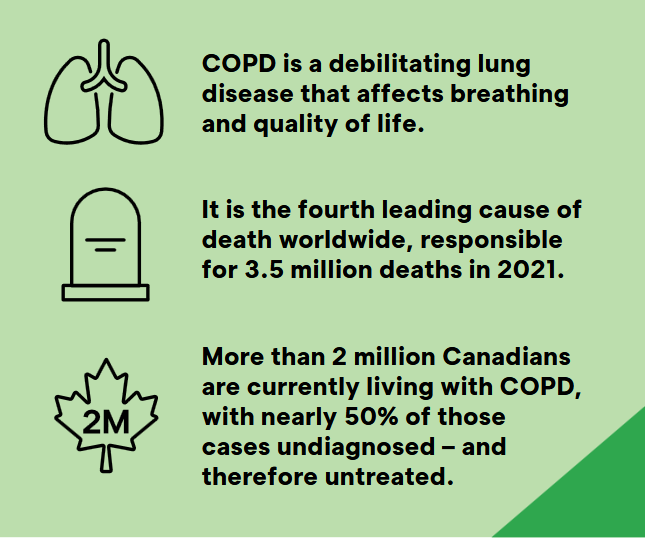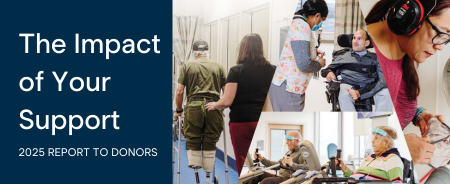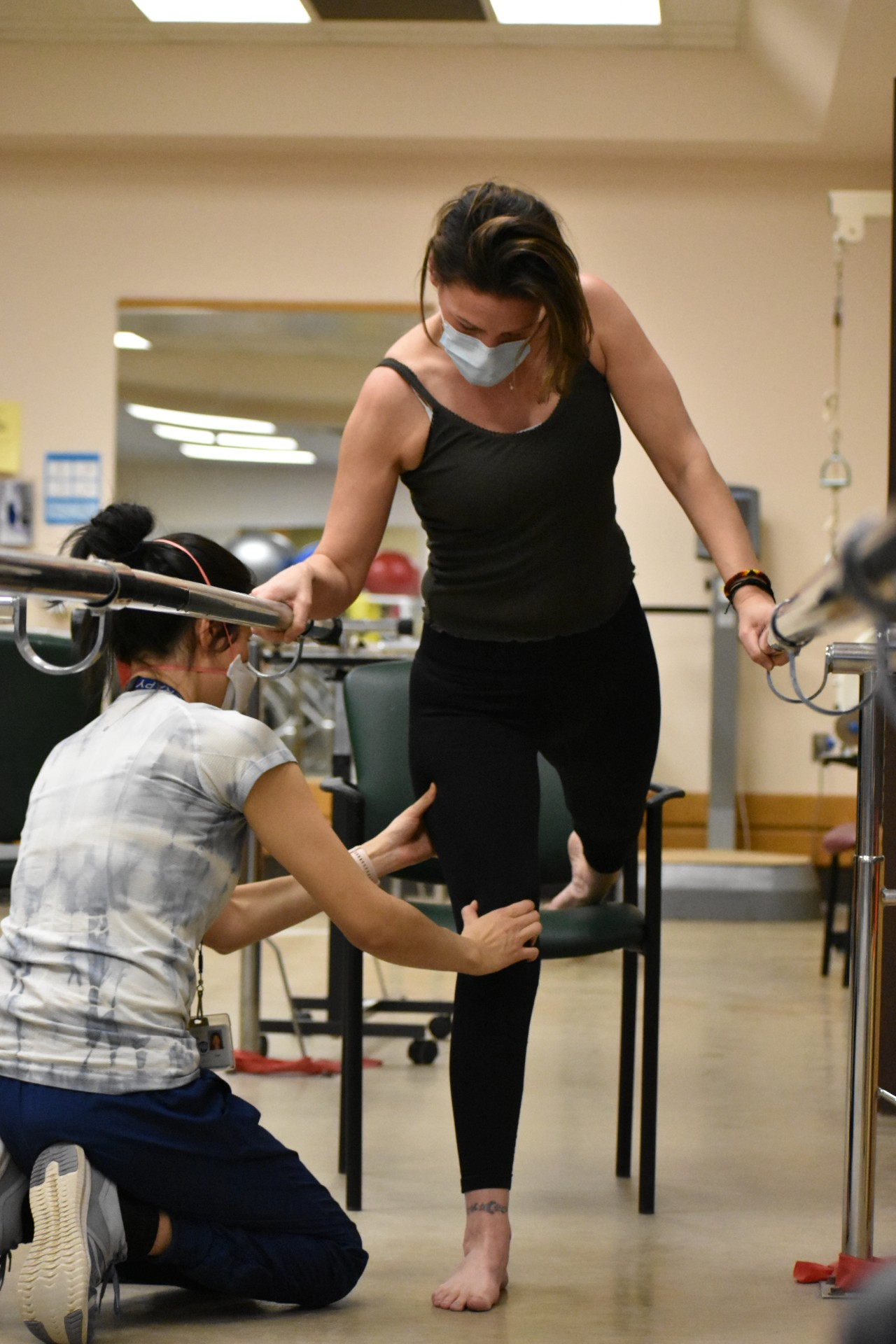
Imagine if we had gyms for our minds as well as our bodies
Imagine if we had gyms for our minds as well as our bodies
By Doug Earle
CEO, West Park Foundation
In the 2nd century AD, it was the Roman poet Juvenal who wrote the words: Orandum est ut sit mens sana in corpore sano. Translation: You should pray for a healthy mind in a healthy body.
For Dr. Roger Goldstein, Head Respirologist at UHN’s West Park, the link between mental and physical health, the mind and the body, is fundamental to his treatment approach.
Thirty years ago, Dr. Goldstein identified (in a paper published in The Lancet) that physical rehabilitation could improve patient health and delay Chronic Obstructive Pulmonary Disease (COPD) symptoms.

But it wasn’t until decades later that, in what Dr. Goldstein describes as a watershed “patient-teaches-doctor” moment, his understanding of the extent to which mental health affects one’s physical health was crystalized. A long-time patient who had initially done well with rehabilitation showed a dramatic improvement in a six-minute walking test. He had been faithful to his home exercise program and his only treatment change on this occasion was recently completing a course in cognitive behavioural therapy (CBT), which enabled him to better deal with his anxiety. He had identified and enrolled in this course by himself.
Today, it is increasingly recognized that patients with respiratory illnesses, and especially COPD, have a significant associated co-morbidity of mental illness.
Breathing and mood are closely linked and sometimes in people with lung conditions, the experience of worsening shortness of breath is related not just to the lungs but to thoughts and emotions. CBT, a form of psychotherapy, teaches self-help strategies to identify and correctly interpret physical sensations that come from changes in mood. This therapy when added to exercise rehabilitation helps further improve quality of life. Sometimes what feels like a flare up of a respiratory condition requires a more comprehensive assessment that includes mood as well as lungs. Not doing so can extend the period of discomfort, add stress to the patient and expenses to the health system.
For Dr. Goldstein and his team, the natural next step was to integrate mental health support into a multi-disciplinary team approach to rehabilitation.
West Park, in partnership with CAMH, launched its Fellowship in Mental Health in Ambulatory Geriatrics and Respiratory Disease, designed to provide comprehensive education to young clinicians interested in specializing in the care of older adults with respiratory conditions who also experience mental health challenges.
This Fellowship is currently held by Dr. Seema Singh, who has been practicing general psychiatry for more than 10 years. It aims to foster the advancement of best practices in delivering mental health care within respiratory rehabilitation programs and to disseminate these practices worldwide.
By integrating mental health care into the management of respiratory conditions, healthcare
professionals can improve the overall quality of life for older adults, reduce healthcare utilization, and enhance patient outcomes.
The addition of a mental health expert like Dr. Singh will allow West Park to address this vital component of the disease as part of their rehabilitation programs. Dr. Singh will also help train the whole team to better support mental wellness when treating patients.



